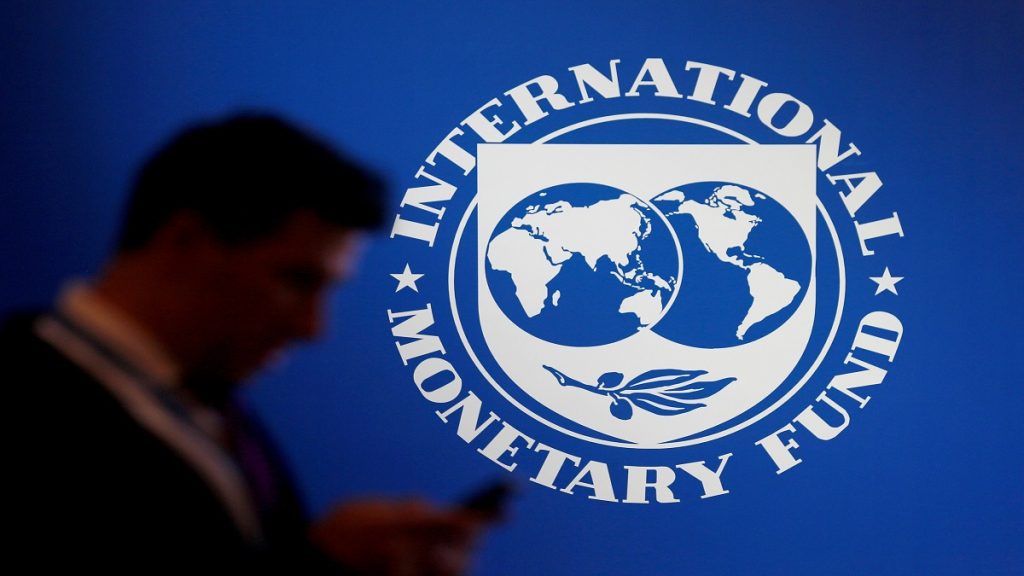Bangladesh is set to receive the second part of the IMF’s $4.7 billion loan program in December.
The country has agreed to implement tighter monetary policies, fiscal measures, and increased exchange rate flexibility as part of the deal.
This second installment, totaling around $681million, will be authorized by the International Monetary Fund’s management and executive board.
The IMF staff recently concluded a 16-day mission in Bangladesh.
A report compiled by the IMF staff will be presented for discussion and decision at the board meeting. This report will outline the policies pledged by the Bangladesh government to restore macroeconomic stability and the reasoning behind adopting new, lower quantitative targets.
The approval for the second part of the loan program is contingent on Bangladesh’s performance as of June 30.
The country met two out of the three mandatory conditions but fell short on minimum net international reserves (NIR) and tax collection.
However, the IMF staff mission decided to excuse these missed targets due to the significant progress made in structural reforms.
The NIR target has been revised down from $26.8 billion to approximately $17.5billion by the end of the year.
The budget deficit for fiscal 2023-24 cannot exceed 4.6 percent of GDP, in contrast to the original 5.2% budgeted.
The IMF has also set a lower target for tax collection. The government has agreed to adopt the IMF-recommended crawling peg method to manage the exchange rate.
This method allows a currency to fluctuate within a defined range while maintaining a fixed exchange rate.
The IMF press release emphasized the need to address banking sector vulnerabilities, reduce defaulted loans in state banks, enhance supervision, strengthen governance, and improve regulatory frameworks.
Developing domestic capital markets will help mobilize financing for growth objectives.
The second tranche includes $462 million from the Extended Credit Facility and Extended Fund Facility and approximately $219 million from the IMF’s Resilience and Sustainability Facility (RSF) fund, which is focused on climate-related issues.
